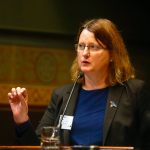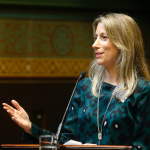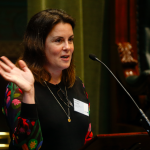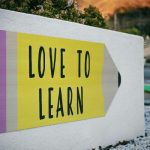We need another education conversation
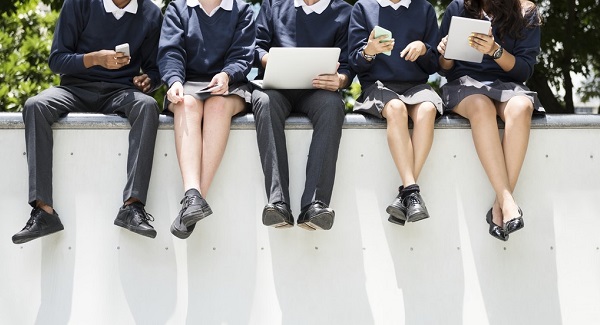
The results of the OECD’s Programme for International Student Assessment (PISA) are in—and they are alarming for Australia.
The 2018 results, used to measure the ability of 15-year-olds across 76 countries to use their reading, mathematics and science knowledge, have added weight to a slew of reports which demonstrate a steady decline in educational outcomes in Australia.
PISA’s results show Australian 15-year-olds that compared with students in the highest performing country, Singapore, Australian students are one and a third years behind in reading, around three years behind in mathematics and one and three quarter years behind in science.
What’s even more disheartening is that we’ve also been leap-frogged by countries once worse off than us.
It’s important to note that PISA tests the application of maths, science and reading skills in real world problem solving. It’s this lack of real world skills that is so problematic.
Over the past decade, there has been growing consensus that Australia’s education and training systems must evolve to ensure they are responsive and relevant to a changing world.
Studies and reports released by FYA (New Work Order research), the Committee for Economic Development Australia, the OECD and the Business Council of Australia have emphasised the need for an education reset in Australia.
And while education and training aren’t serving many young people across Australia, it’s children and young people who are disadvantaged that are most vulnerable when the system is no longer fit for purpose. Currently up to 50% of students leave school without any effective formal recognition of their learning.
And a recent report from the University of Melbourne’s Graduate School of Education, shows that at least 50,000 Australian school aged children are completely detached from formal education at any one time.
This series of damning indictments from 2019 are indicative of system failing to keep pace with change, refusing to accommodate the learner’s needs and neglecting to embrace those who are struggling.
Young people are increasingly disengaged by an education system that doesn’t teach in ways they want to learn, or provide them with the skills required to thrive in a world of work where they’re expected to have 17 different jobs over 5 careers in their lifetimes.
We urgently need to reset the narrative about what the learning experience should be in Australia and what success looks like beyond high test scores.
Our learning system—the teachers, institutions, students, and those that raise and support them—must be enabled and equipped to develop future focussed, work ready young people with hands-on industry experience.
We need to open up new pathways to learning and work that go beyond the traditional linear system to foster equity and improve productivity. We need to place the learners journey at the centre.
The ability of our children and young people to embrace learning that evolves and adapts is going to impact the future of Australia on every level—economic, social, cultural and environmental. All of our futures are depending on it, so will you join this critical conversation, or wait silently for next year’s test results?
This article was published by FYA and is republished here with the kind permission of the author.
Jan Owen is CEO of the Foundation for Young Australians. A pioneer of the youth sector in Australia, Jan has dedicated most of her working life to social change and encouraging young people to give back and invest their talents in their communities and things they are passionate about.




